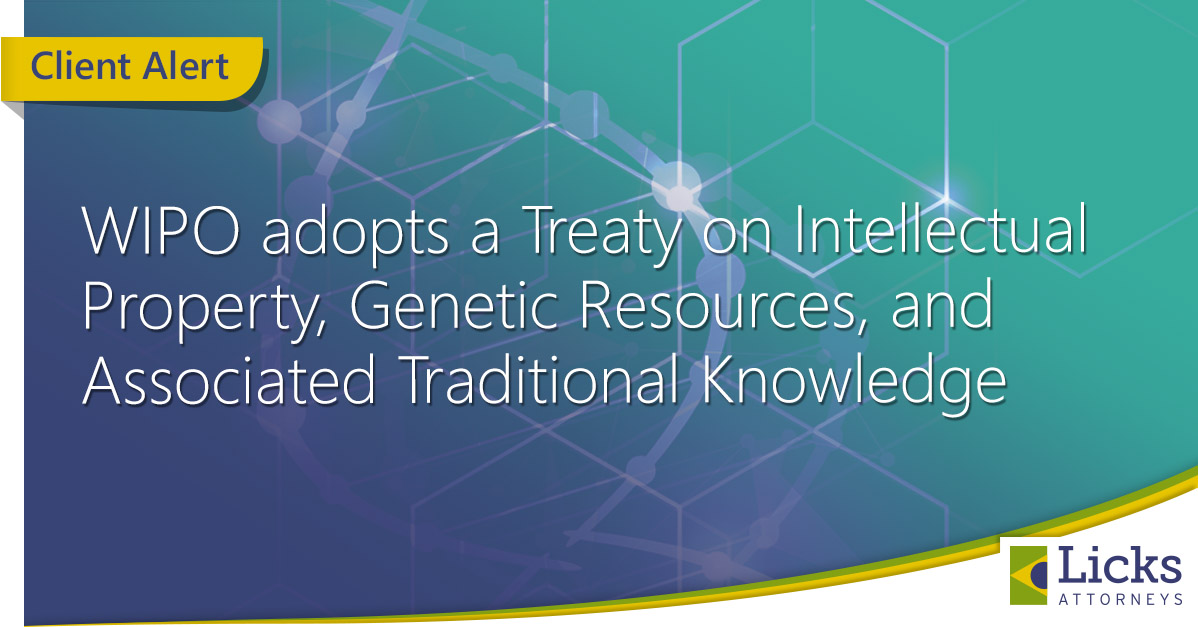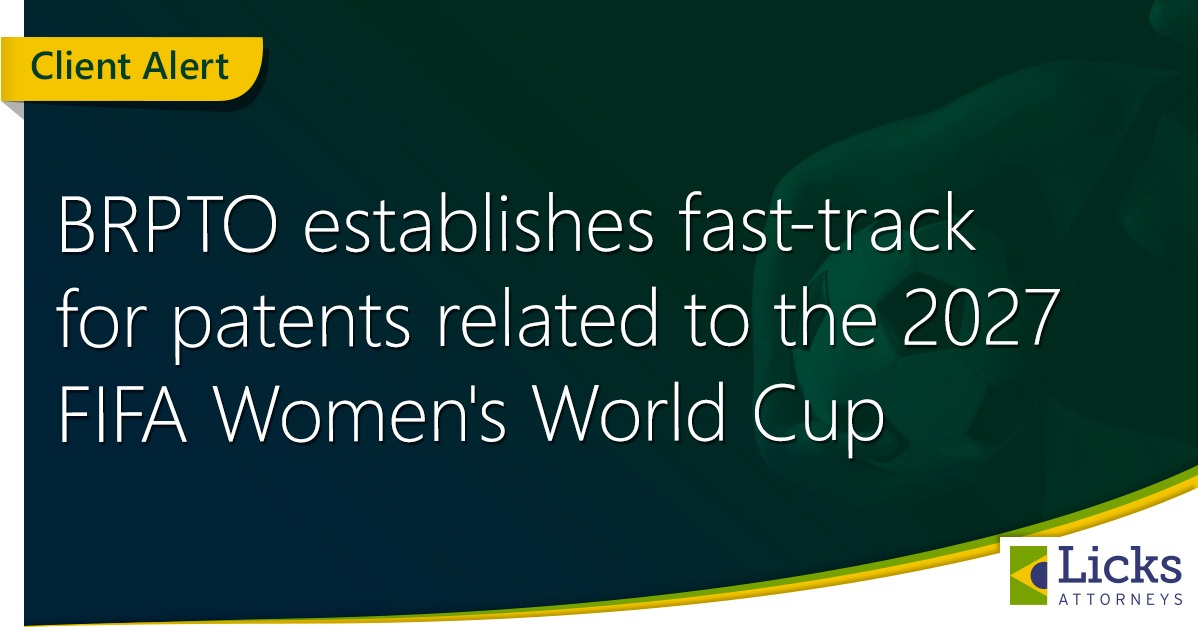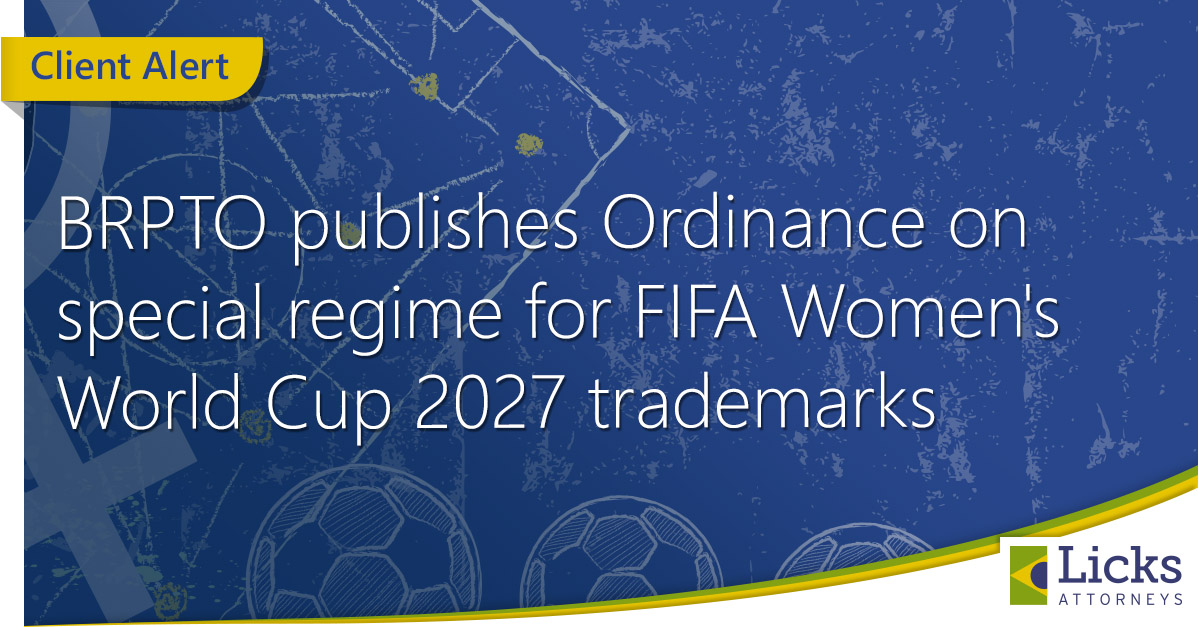WIPO adopts a Treaty on Intellectual Property, Genetic Resources, and Associated Traditional Knowledge

The Treaty establishes a requirement to disclose: (a) the country of origin of the genetic resources or the Indigenous Peoples or local community that provided the traditional knowledge; or (b) the source of the genetic resources or the traditional knowledge associated therewith when the claimed invention is either materially or directly based on genetic resources and/or traditional knowledge.
Disclosure requirements related to genetic resources (and often associated traditional knowledge) have already been implemented by more than 30 countries, including China, Brazil, India, and South Africa, as well as European countries such as Germany, France, Belgium, Spain, Sweden, Italy, and Switzerland.
The Contracting Parties to the Treaty shall establish measures in case of failure to provide the required information, and shall provide an opportunity to applicants rectify any missing information, except in the case of fraudulent conduct or intent as prescribed by national laws. Sanctions or post-grant remedies may be provided when there is fraudulent intent in relation to the Treaty's disclosure requirement.
The Contracting Parties to the Treaty may also establish databases of genetic resources and traditional knowledge associated therewith, in consultation, where applicable, with Indigenous Peoples, local communities, and other interested parties, taking into account their national circumstances.
The Treaty will enter into force 3 months after 15 contracting parties have deposited their instruments of ratification or accession. The Treaty does not impose any obligation on patent applications submitted before its entry into force.



